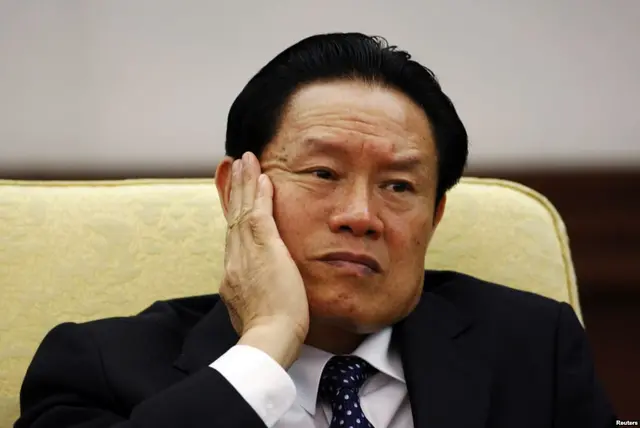Australia on Friday raised the national terrorism public alert level from medium to high after receiving advice from the Australian Security Intelligence Organization (ASIO).
It was the first such change in 11 years in the country.
Prime Minister Tony Abbott said the advice was not based on knowledge of a specific attack plan but rather a body of evidence that points to the increased likelihood of a terrorist attack in Australia.
"Security and intelligence agencies are concerned about the increasing number of Australians working with, connected to, or inspired by terrorist groups such as ISIL, Jabhat al-Nusrah, and al-Qaeda. The threat they pose has been increasing for more than a year," Abbott said in a statement.
"The first priority of the government is to ensure the safety and security of its citizens. Raising the alert level to High is designed to increase vigilance and raise awareness in the community."
Abbott said state and territory governments were notified of the decision to raise the threat level and federal and state law enforcement agencies will work to counter the terrorist threat.
"The government is also taking strong action to equip our security agencies and border protection agencies with the resources and powers they need to detect terrorist activities at home and prevent radicalized foreign fighters from returning to Australia," he added.
"What we do have is intelligence that there are people with the intent and the capability to mount attacks," he said.
Abbott said Australian security agencies had recommended the increased threat level because of the number of Australians " fighting with and supporting" terrorist groups in the Middle East.
The announcement took the threat level from medium, when an attack "could" happen, but stopped short of the highest warning level of extreme, when an attack is "imminent".
It came two weeks after Britain raised its terrorism threat level and a day after the United States outlined its strategy for targeting Islamic State (Isis) militants in northern Iraq and Syria. The British government lifted its alert from "substantial" to "severe", meaning that the threat of an attack was rated " highly likely".
The move is likely to trigger increased security and a bigger police presence at upcoming NRL and AFL football finals and other large public events in Australia
But Abbott said most Australians would not feel any difference in "daily life".
"What people will probably notice though is more security at airports, more security at ports, more security at military bases, more security at government buildings, and more security at large public events," he said.
The prime minister said a "modest public information campaign" would begin in the coming weeks, and a hotline had been opened for the public to report any suspicious activity.
ASIO's Director-General David Irvine said on Friday his decision to raise the alert had been growing over the last year, and particularly the last three to six months.
He said the move was prompted by the growing number of Australians in the Middle East war zone.
He said there were now about 10,000 foreign fighters in the Middle East and that a "large number", about 60 or 70, were Australian. "The rhetoric that is now coming out of the Middle East, which is encouraging Australians to take violent action and therefore increases the possibility of attacks here," he said.
Irvine said that violent extremism represents a general threat that can "manifest itself in many ways".
"It could manifest in a Bali-type attack, or it could manifest itself in the various other sorts of attacks from loners," he said.
U.S. President Barack Obama, in a widely anticipated address on Thursday, outlined his strategy to "degrade and ultimately destroy the terrorist group (ISIL)", highlighting the security threat to western nations posed by the return of citizens from fighting with militants in Iraq and Syria.
Abbott has confirmed he will visit New York in two weeks to take part in a high-level meeting of the UN Security Council convened by Obama to address the threat posed by foreign terrorist fighters.
In 2002, the Australian government issued a general warning of a credible threat to mainland Australia by al Qaida.
Since 2003, Australia's national terrorism public alert system has had four levels: Low - terrorist attack is not expected, Medium - terrorist attack could occur, High - terrorist attack is likely, and Extreme - terrorist attack is imminent or has occurred.
The current four-tier system replaced a three-level system.
The national terror alert level is raised on advice from the ASIO chief.
Irvine is in his last week in the job and will soon hand over the reins to former special forces chief, senior diplomat and defense department secretary Duncan Lewis. Enditem
 简体中文
简体中文

